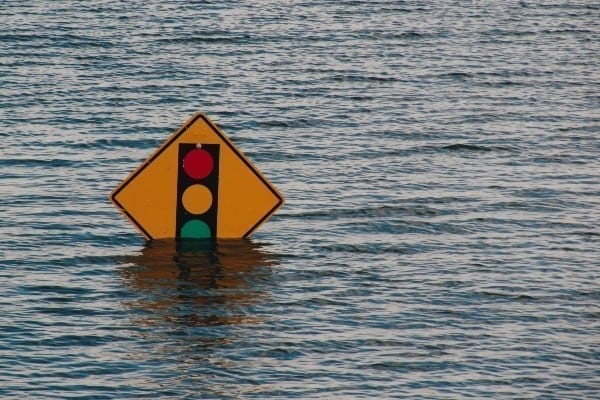The Documents You’ll Need in Case of a Disaster

We all hope that natural disasters won’t strike our communities, but with climate change increasing the frequency of floods, wildfires, and other weather-related emergencies, it’s essential to be prepared for the unexpected.
When a disaster hits, most people’s main concern is getting themselves and their family to safety. But once the threat of harm has passed, having critical financial, medical, and household contact information on hand is essential during the recovery process.
Unfortunately, for many people it takes a disaster to remind them of the importance of having copies of vital documents safely stored somewhere other than in their homes. A study commissioned by The UPS Store franchise network revealed that 58 percent of those surveyed said natural disasters have made them more aware of this need, yet only 21 percent of respondents have started preparing for an emergency. Of those who have started preparations, just over half indicated they have taken steps to copy important documents.
Here are some tips for preparing documentation in case disaster strikes:
Determine which documents are essential
FEMA* recommends you make copies of personal documents such as medication lists and pertinent medical history, proof of address, deeds/leases to homes, passports, birth certificates, and insurance policies. Other documents that may help during recovery include social security cards, credit cards, bank records, lease agreements, vehicle registration, wills, tax statements, address books, and pet ID tags.
Consider sentimental items
In addition to important identification and financial documents, you shouldn’t overlook items that have sentimental value. Often the loss of cherished personal items is more devastating than anything else. For that reason, one-of-a-kind items like cards, letters and photographs should also be copied and saved along with legal documents. Precious memories can be lost in an instant, but it takes only a few minutes to make a copy for posterity and peace of mind.
Store backups in a safe place
Having copies of all your essential documents is the first step, but storing them in the same place as the originals negates their usefulness. Investing in a fireproof/waterproof lockbox, asking a trusted friend to keep them, or renting a safe deposit box will ensure your papers survive any damage done to your home during a natural disaster. Making password-protected digital scans of your documents is also recommended, as storing them in securely in the cloud means you will be able to access them on various devices from wherever you are.
The printing experts at The UPS Store can help you scan your documents and photos to a digital format. Visit a location near you for details.
*FEMA is the Federal Emergency Management Agency, an agency of the United States Department of Homeland Security (DHS), whose primary purpose is to coordinate the response to a US-based disasters and often looked to for expertise in disaster preparedness.